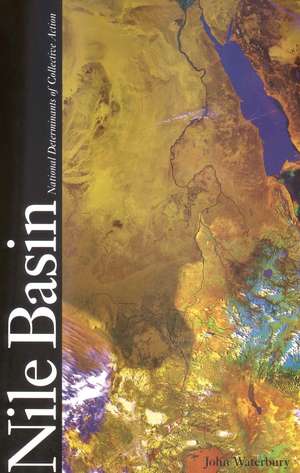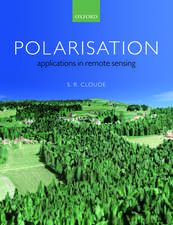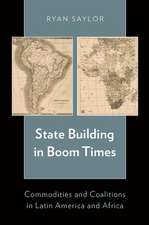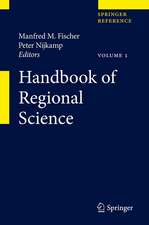The Nile Basin: National Determinants of Collective Action
Autor John Waterburyen Limba Engleză Hardback – 8 feb 2002
The supply and management of fresh water for the world’s billions of inhabitants is likely to be one of the most daunting challenges of the coming century. For countries that share river basins with others, questions of how best to use and protect precious water resources always become entangled in complex political, legal, environmental, and economic considerations. This book focuses on the issues that face all international river basins by examining in detail the Nile Basin and the ten countries that lay claim to its waters.
John Waterbury applies collective action theory and international relations theory to the challenges of the ten Nile nations. Confronting issues ranging from food security and famine prevention to political stability, these countries have yet to arrive at a comprehensive understanding of how to manage the Nile’s resources. Waterbury proposes a series of steps leading to the formulation of environmentally sound policies and regulations by individual states, the establishment of accords among groups of states, and the critical participation of third-party sources of funding like the World Bank. He concludes that if there is to be a solution to the dilemmas of the Nile Basin countries, it must be based upon contractual understandings, brokered by third-party funders, and based on the national interests of each basin state.
“This excellent book makes a significant contribution to the rational discussion of Nile conflicts and should be helpful to many of the other 282 international river basins facing similar problems.”—Peter P. Rogers, Harvard University
John Waterbury applies collective action theory and international relations theory to the challenges of the ten Nile nations. Confronting issues ranging from food security and famine prevention to political stability, these countries have yet to arrive at a comprehensive understanding of how to manage the Nile’s resources. Waterbury proposes a series of steps leading to the formulation of environmentally sound policies and regulations by individual states, the establishment of accords among groups of states, and the critical participation of third-party sources of funding like the World Bank. He concludes that if there is to be a solution to the dilemmas of the Nile Basin countries, it must be based upon contractual understandings, brokered by third-party funders, and based on the national interests of each basin state.
“This excellent book makes a significant contribution to the rational discussion of Nile conflicts and should be helpful to many of the other 282 international river basins facing similar problems.”—Peter P. Rogers, Harvard University
Preț: 435.87 lei
Preț vechi: 566.06 lei
-23% Nou
Puncte Express: 654
Preț estimativ în valută:
83.40€ • 86.04$ • 69.60£
83.40€ • 86.04$ • 69.60£
Carte tipărită la comandă
Livrare economică 26 martie-09 aprilie
Preluare comenzi: 021 569.72.76
Specificații
ISBN-13: 9780300088533
ISBN-10: 0300088531
Pagini: 224
Ilustrații: 6 maps
Dimensiuni: 156 x 235 x 19 mm
Greutate: 0.52 kg
Editura: Yale University Press
Colecția Yale University Press
ISBN-10: 0300088531
Pagini: 224
Ilustrații: 6 maps
Dimensiuni: 156 x 235 x 19 mm
Greutate: 0.52 kg
Editura: Yale University Press
Colecția Yale University Press
Notă biografică
John Waterbury is president of The American University of Beirut and author of The Hydropolitics of the Nile Valley, a classic study of the politics of developing international river basins.


















